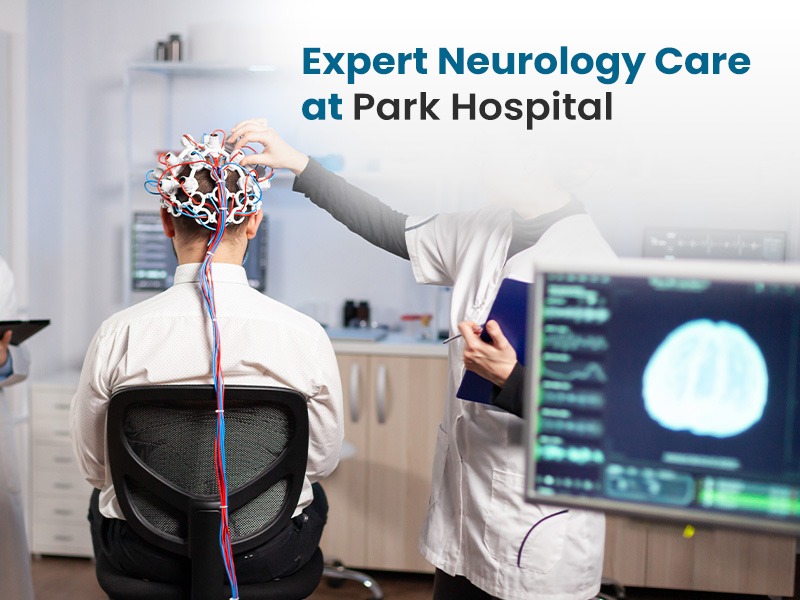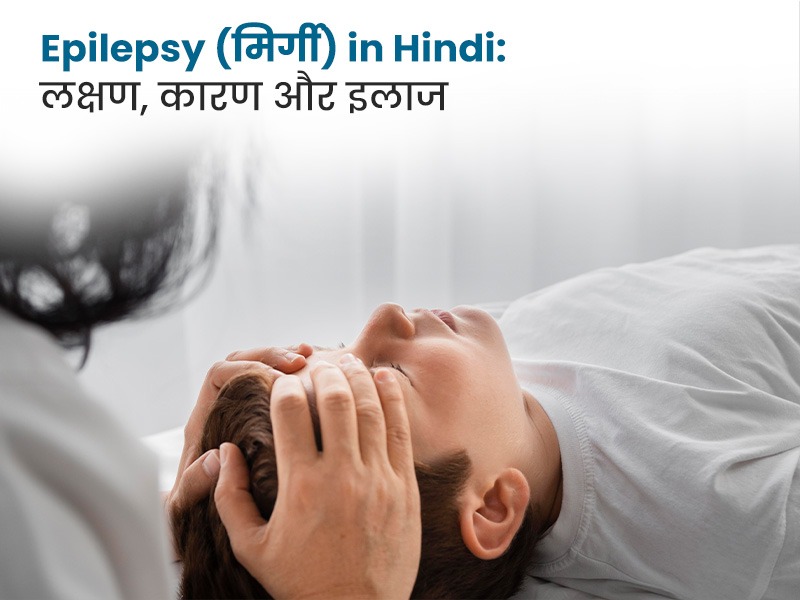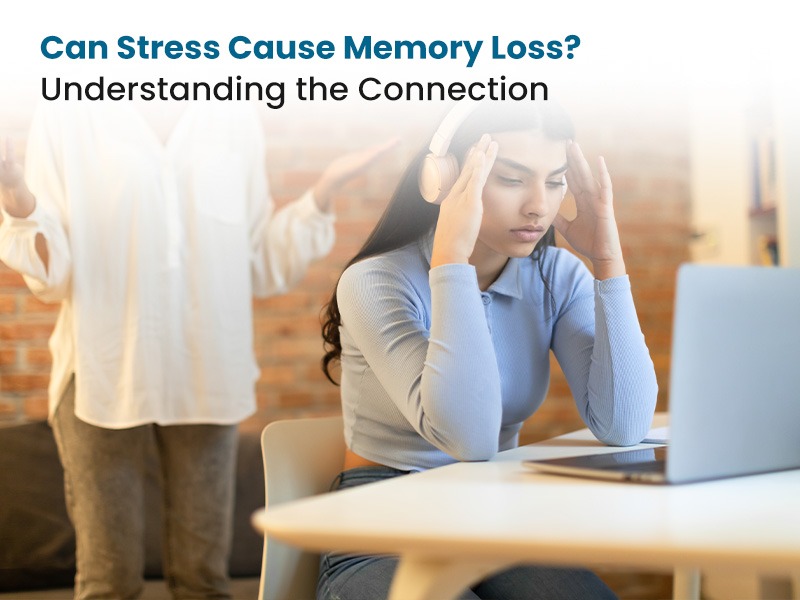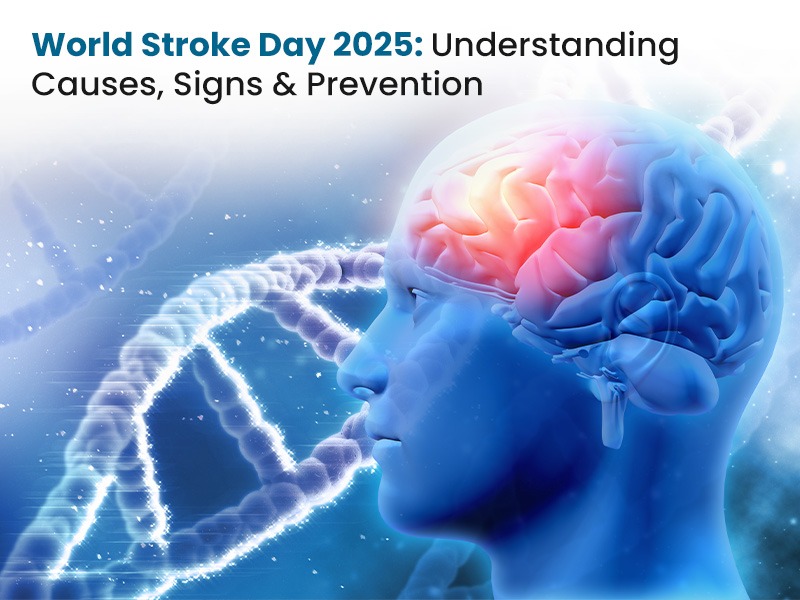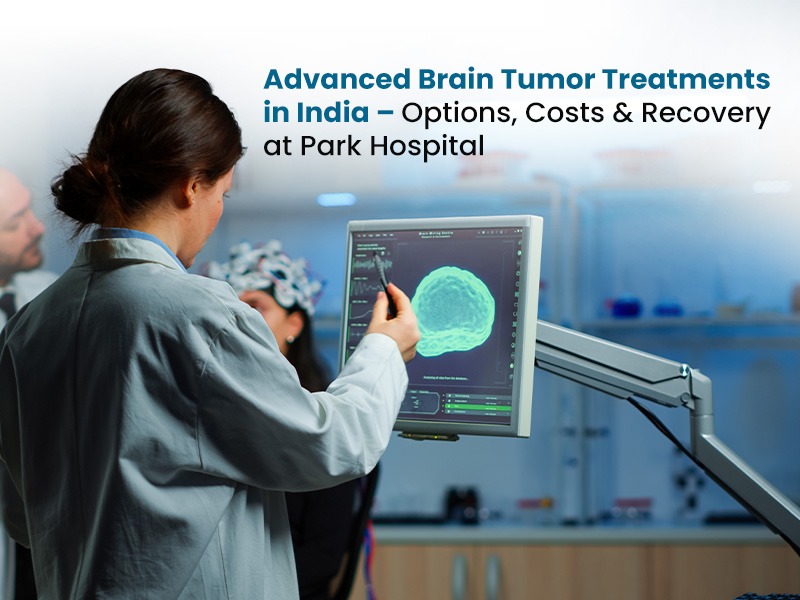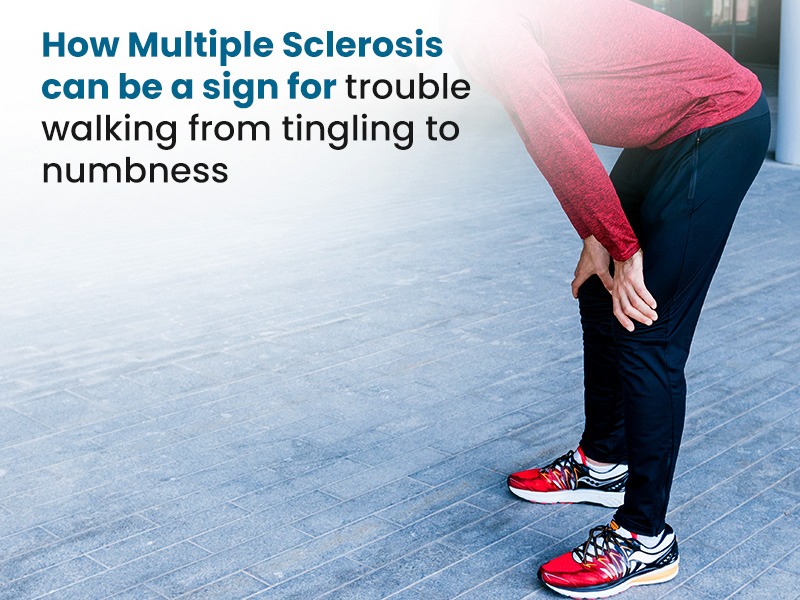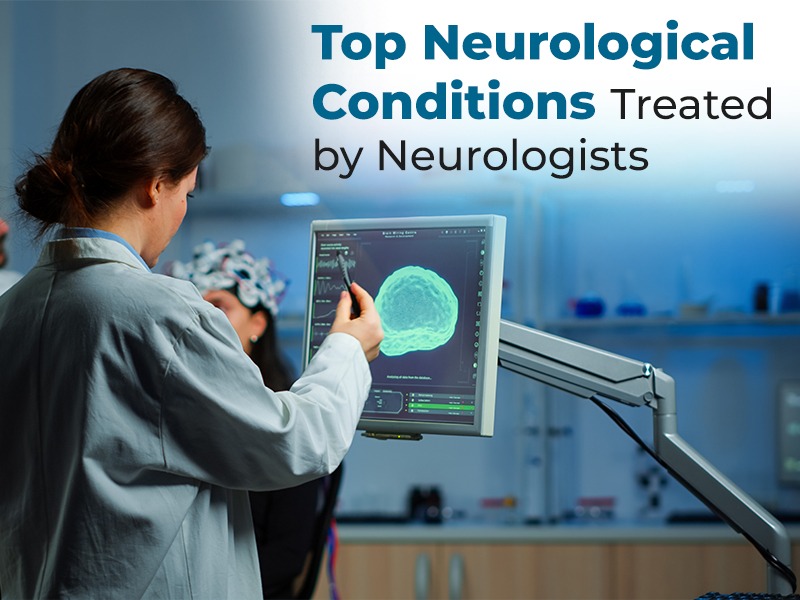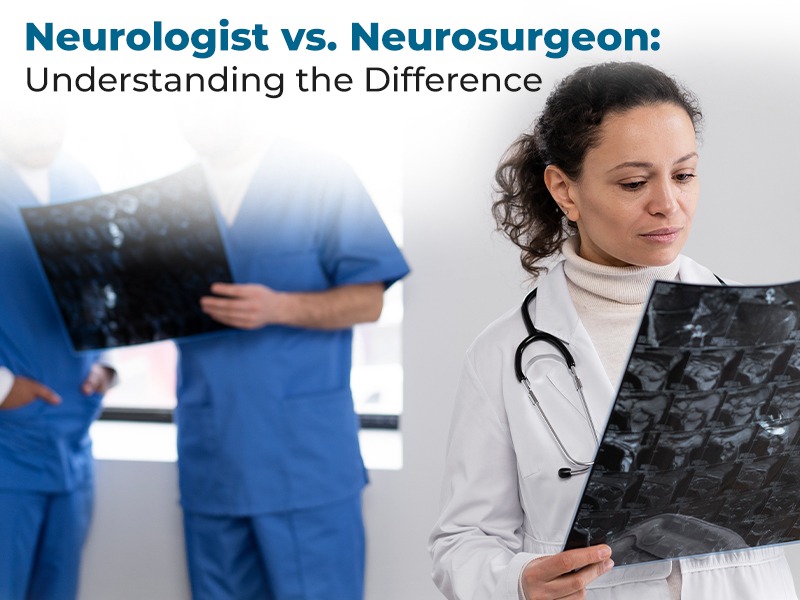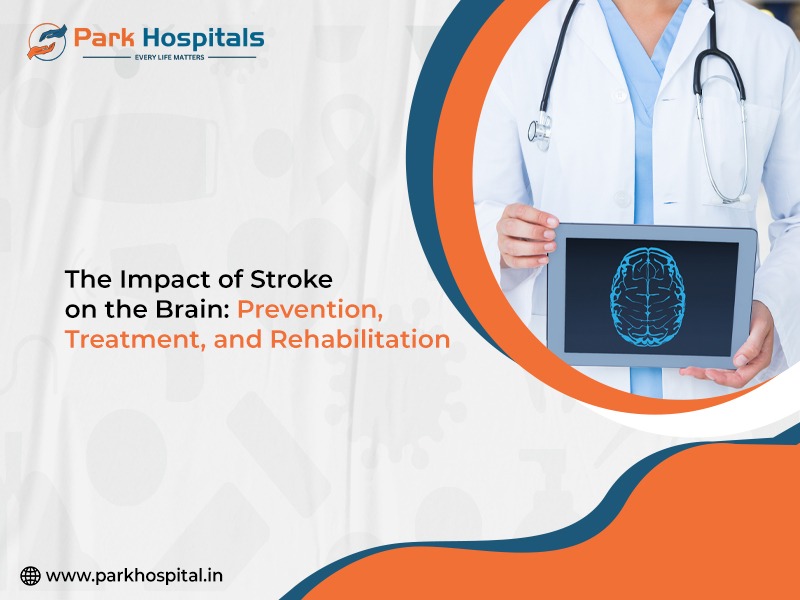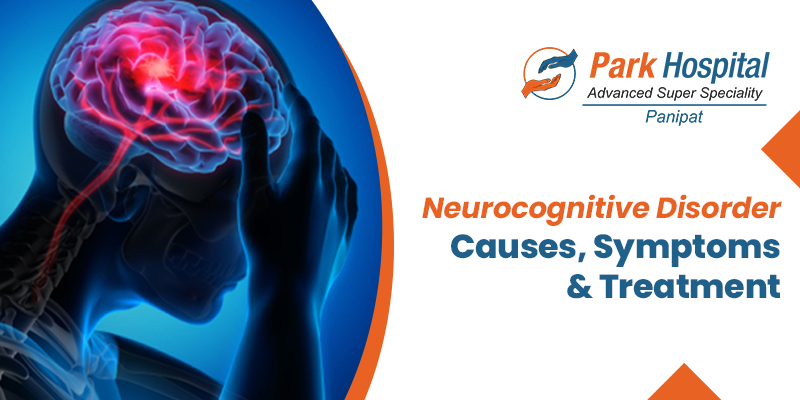When it comes to the brain, nerves, or spine, even the smallest discomfort can feel overwhelming. Whether it's recurring headaches, a sudden loss of balance, or something more serious like seizures or memory problems, it's natural to have questions and worries. That's where expert neurological care comes in, and at Park Hospital, it's not just about high-tech machines or big words. It's about getting clear answers, practical help, and support that actually makes a difference.
Why may I need neurology care?
You might need to search "neurologist near me" for a range of reasons. Some are straightforward: numbness in the arms, recurring dizziness, or long-term headaches. Others may be more complex, like signs of epilepsy, stroke, or unexplained memory loss. Even tremors or frequent muscle weakness can be signs that your nervous system needs checking. The bottom line: if something feels off and it involves your brain, nerves, or spine, it's worth getting it looked at.
Is it the same as Neuroscience?
Not quite. Neuroscience is the scientific study of the nervous system, usually research-based and focused on how it all works. Neurology care, on the other hand, is medical. It's about diagnosing and treating real-life problems that affect your brain, spine, or nerves. So, while the two are connected, the neurologist you'll meet here are focused on your symptoms, your scans, and your treatment plan, not lab experiments or academic theory.
What do Park Hospital experts cater to?
The best neurologist in Delhi explains that here neurology isn't treated as one big block. Instead, it's divided into three key areas that work closely together:
Neurodiagnostics: This is where your journey usually begins. Tests like EEGs, MRIs, and nerve conduction studies help the team understand what's happening inside your body. These aren't just routine scans; they're tailored to your symptoms and help avoid guesswork.
Neurology: Here, you'll meet consultants who specialise in treating disorders without surgery, things like epilepsy, Parkinson's, migraines, multiple sclerosis, and more. They focus on long-term management, accurate diagnoses, and practical solutions.
Neurosurgery: If your condition needs a surgical fix, like removing a tumour or relieving pressure on the brain, the neurosurgical team steps in. But it's not always about the operation. They also advise on whether surgery is even needed and what alternatives exist.
Park Hospital and Neuro Interventions
Sometimes, treatment involves more than tablets prescribed by the brain specialist, but doesn't need open surgery either. That's where neuro interventions come in. Think of it as a minimally invasive, image-guided treatment like fixing a leaking blood vessel in the brain without a single cut on your head. The interventional neurology team here is trained in these kinds of procedures, offering faster recovery and less pain compared to traditional surgeries.
Will the condition be fatal if I get something?
It's a question many people are scared to ask, but it's a fair one. The truth? Not every neurological condition is dangerous. Many are manageable. Some improve with time or medication. Yes, conditions like strokes, tumours, or major trauma can be serious, but early diagnosis and proper care can make a huge difference. The important thing is not to delay. If something feels wrong, don't wait for it to get worse.
Neurosurgery
As a neurology hospital, here the neurosurgery department works closely with other teams to offer complete care. They handle everything from the first scan to post-surgery recovery. Here's a quick look at the services:
Craniotomy: This is usually done to remove brain tumours or reduce pressure. It sounds daunting, but in the hands of the right team, it can be life-saving, and recovery is more manageable than most people imagine.
Endovascular surgery: No open head surgery here. This approach uses tiny instruments inside blood vessels to fix issues like aneurysms. It's less painful and the recovery is quicker.
Paediatric neurosurgery: Children need a very specific kind of care. Our team works with young ones dealing with congenital conditions, injuries, or neurological disorders, always in a way that's gentle and age-appropriate.
Spine surgery: From slipped discs to spinal injuries, the neurosurgery team handles both traditional and minimally invasive approaches depending on what's best for you.
Interventional neuroradiology: It's a big term, but simply put, it uses imaging to treat strokes, blockages, or bleeds in the brain without opening up the skull.
Neurological rehabilitation: Recovery doesn't stop when the procedure is over. Rehab is where strength, balance, and coordination are slowly regained, and we offer tailored support to make sure you don't feel lost in the process.
Can I choose a doctor?
Yes, you can. For us, transparency and comfort are important. You can either request a particular neurologist, be it the top neurologist delhi or others or be guided based on your condition. Either way, you'll meet someone who listens properly, explains clearly, and doesn't rush you through appointments.
How does it work?
Your first step is usually a consultation, sometimes followed by a scan or test. Once the diagnosis is clear, the neurologist will guide you on the next steps. This might include medication, physiotherapy, further testing, or even a chat with the neurosurgical or interventional team if needed. Every case is handled individually. No copy-paste treatment plans.
Conclusion
Our neurology care isn't just about diagnosing conditions; it's about helping people take charge of what they're going through. With an experienced team, advanced diagnostics, and both surgical and non-surgical options under one roof, you don't need to jump between hospitals or chase different specialists. Whether you're dealing with something mild or something that needs deeper intervention, the focus is on giving you care that's precise, compassionate, and effective.
FAQs
1. Why choose Park Hospital for neurology care?
Park Hospital brings together neurologists, neurosurgeons, radiologists, and rehab specialists under one roof. We have advanced diagnostic tools like MRI, EEG, and CT scans, and we offer both surgical and non-surgical treatment options. Our approach is team-based, so your care is coordinated and consistent throughout. From stroke management to complex neurosurgery, we provide focused, timely intervention.
2. What are the most common neurological disorders?
Some of the most common neurological conditions include stroke, epilepsy, migraine, Parkinson's disease, Alzheimer's disease, multiple sclerosis, and neuropathy (nerve damage). Brain infections and spinal cord disorders are also frequently treated.
3. How is a neurological disorder diagnosed?
Diagnosis often starts with a detailed clinical exam by a neurologist. Depending on symptoms, tests may include:
MRI or CT scans to look at the brain or spine
EEG (Electroencephalogram) for seizures or epilepsy
Nerve conduction studies for neuropathy
Lumbar puncture to test spinal fluid (for infections or MS)
Blood tests to check for autoimmune or metabolic issues
We offer all these diagnostics in-house, which speeds up decision-making.
4. What treatments are available for neurological conditions?
Treatment depends on the condition. It can include medication (like anti-seizure drugs or muscle relaxants), physiotherapy, lifestyle changes, or surgery for conditions like brain tumours or spinal issues. Some cases may need long-term care or neurorehabilitation.
5. What are the early warning signs of neurological problems?
Watch out for sudden weakness or numbness, especially on one side of the body, memory loss, speech difficulty, vision changes, frequent headaches, tremors, balance issues, or seizures. Early evaluation helps prevent complications.

